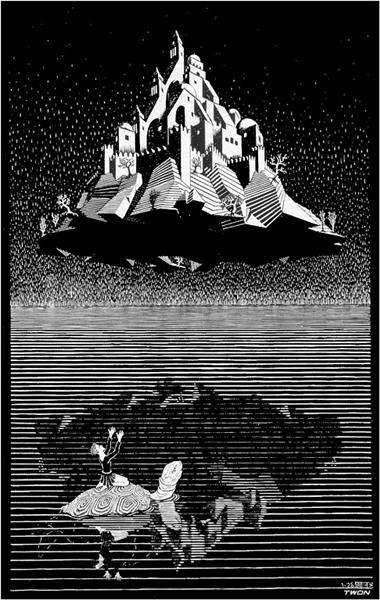Do you pay taxes?
I bet you do unless you are unemployed. Basically, in order to avoid paying taxes, you have to be very well-to-do. Of course, you could try good old-fashioned tax evasion and risk getting caught. But you’d better be sufficiently well-healed to employ a battery of lawyers to protect you in court. My experience is that the less well-off you are, the greater is your risk of getting caught pilfering a can of beans, let alone witholding tax.
Do you like paying taxes? Most people don’t. But look on the bright side: If the well-to-do pay their fair share of taxes (which, more often than not, they don’t) they pay an awful lot more than you.
Let’s say you make USD 3000 per month and pay a 30% tax, which leaves you with USD 2100. Not very much, I grant you, considering all the expenses we have these days: the rent, health insurance, car insurance, pet insurance, dentistry, child care, halloween costumes, weddings… ?
But your boss is making – say – USD 30,000. If he pays his 30% tax, he’ll have an annual income after tax of 351,000. Not bad, I’d say. More importantly, though, his annual contribution to the common good will have been USD 9000. That’s something to be proud of!
Have you ever met a person who was in some way seriously incapacitated, yet who nevertheless managed to help others? I put to you that when we meet such people, most of us feel – if nothing else – respect.
Incapacitated people are exempted from having to live up to peer pressure. They are not expected to own, let alone pilot their own pin-striped jet planes or serve 19th century cognac. That is probably the only advantage the incapacitated have over the rest of us, who tend to scramble like mad to impress one another with profligacy.
Recently, a former president of Peru, Alan Garcia, shot himself when the police came to arrest him. He is believed to have tucked away a lot of illegally acquired money in trusts that the prosecutors won’t get at. You see, trusts have recently turned into a particularly interesting financial instrument for tax evaders and other criminals. If you read this article from the Guardian, you may end up conceding that the extent of callousness knows no limit in the upper echelons of finance. You will see that what the article explains started long before the current US presidency, so don’t blame Trump.
Some authors have romanticised the “poor”, claiming they too are exempted, claiming that they are better than the rest of us. I don’t know. I really don’t know. Or rather I doubt it.
Is the human species even worth the effort of trying to save it from the iminent climate collapse? Can we at all imagine the possibility that social standing might someday not be measured by what we consume, but by what we contribute to the common good?
What I do know, though, is that for hundreds of years, fiction – of which I have read a lot – has tended to make heroes of those who sacrifice social standing and personal wealth to serve the common good. Even in real life, there are such people! Edward Snowden appears to be one of them. With his brains and self-discipline, he could have become fabulously rich.
His deeply moving book, Permanent Record, is not fiction. I don’t know what to call it. An autobiography? Written by somebody who is barely 30 years old? No, I prefer to call it an account. To what extent can one believe his account about why he acted as he did? On the other hand, why else would he have taken such an apparently hopeless risk, which yielded him, personally, nothing but the sterility of exile.
After all I have seen and read during my lifetime, I deeply distrust the species to which I belong, with its Bolsonaros, Trumps, Bushes, Netanyahus fake news, exploitation of miners and anyone who is destitute and hungry. For decades I have witnessed, albeit only on the screen, the killing and maiming of demonstrators demanding elemental human rights. Throughout history, not least the first decades of this century, there has been so much cruelty – just think of the Yemen war and Sudan – so much callousness – the suppression of the Palestinians, the Rohingiuans, the Uighurs, the desperate refugees banging on the doors of USA and Europe…
Would I have bought a pin-striped jet plane if I could have afforded it. No!

But would I, had I had the means, have bought a gorgeous mansion surrounded by a park – my park – by the sea? I honestly don’t know. I would have been a different person, wouldn’t I? Fortunately, I am spared the temptation. So maybe the poor are better.
At any rate, as long as there still are people like Edward Snowden around, it would be a great pity if the human species should go down the drain.
Having thus reached the conclusion that mankind is still worth saving (because you know that no matter how many species perish, the planet will survive and new species will evolve, but humans may not be among them) I recommend not only one, but two good reads:
Edward Snowden – Permanent Record – to maintain your faith in the human species
Naomi Klein – On Fire – which explains in a very companionable way HOW we can save the human species. For those of you who fear that Naomi Klein is a firebrand, you can listen to the book for free before you buy it.